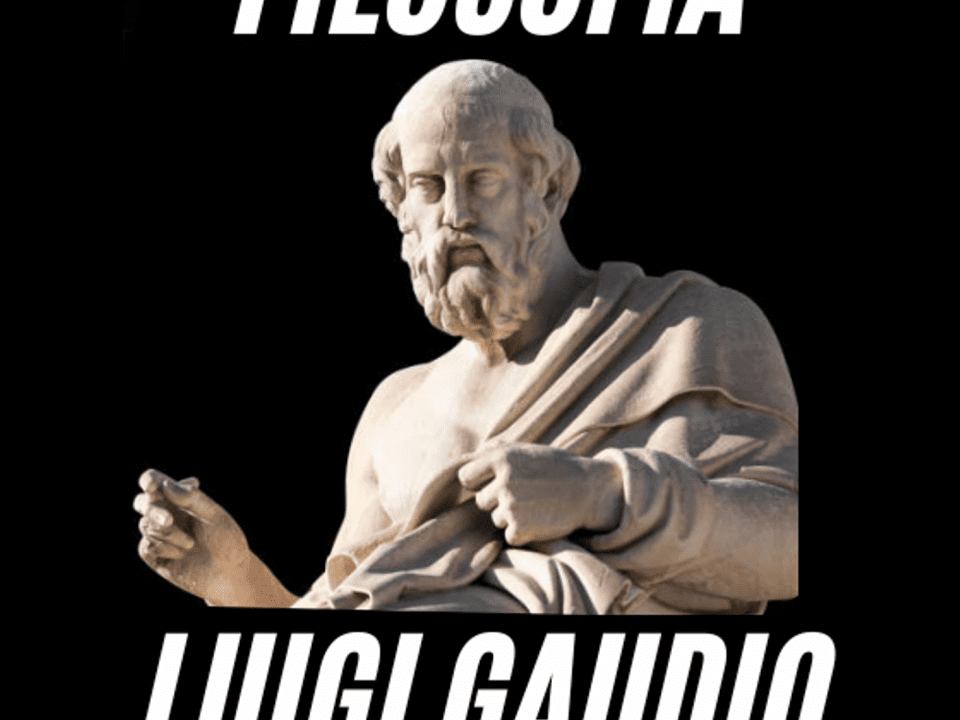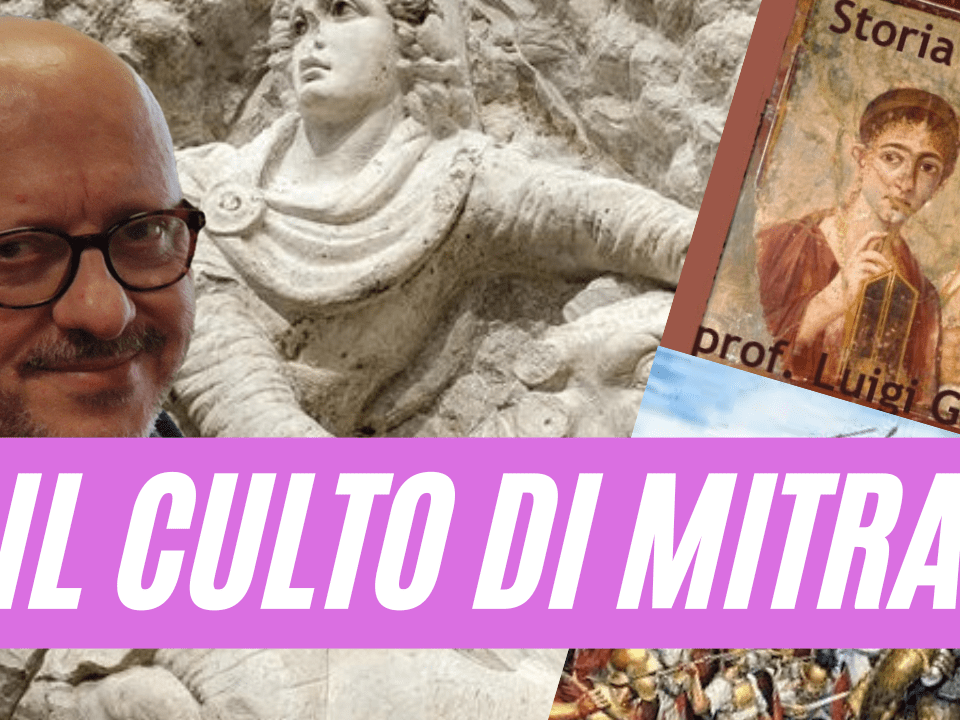




Metafore, simboli e concetti nella “Filosofia delle forme simboliche” …
11 Gennaio 2025




Ernst Cassirer: l’umanità come creatrice di significato
11 Gennaio 2025Ernst Cassirer, born in 1874, was a German philosopher who dedicated his life to understanding human experience.
His work explored the intricate ways in which we perceive and interact with the world. Cassirer’s journey led him to develop the philosophy of symbolic forms, a theory that profoundly shaped 20th-century thought and continues to influence various fields, including philosophy, anthropology, linguistics, and art history.
Cassirer’s life was marked by both intellectual exploration and personal upheaval. The rise of Nazism forced him to flee his homeland, ultimately finding refuge in the United States. Despite these challenges, Cassirer’s spirit remained indomitable. He continued to write and lecture prolifically, delving into the power of symbols and seeking to understand how they shape our realities.
His magnum opus, Philosophy of Symbolic Forms, stands as a testament to his intellectual prowess. This three-volume work, published between 1923 and 1929, laid the foundation for his enduring legacy, exploring the diverse ways humans use symbols to make sense of the world. These symbols, he argued, are not mere tools of representation but the very building blocks of our understanding. Through his exploration of symbolic forms, Cassirer offered profound insights into the human condition, highlighting our unique ability to transcend the purely physical realm by creating and manipulating symbols. This ability, he maintained, is central to what makes us human and distinguishes us from all other creatures on Earth.
For Cassirer, language is the fundamental symbolic form, providing the framework for thought and communication. Through language, we categorize and organize our experiences, creating a shared reality with others. Mythology, on the other hand, reveals humanity’s earliest attempts to grapple with the unknown, offering explanations for natural phenomena and our place in the cosmos.
Art, in Cassirer’s view, provides a unique window into human emotion and imagination. Through art, we express our deepest fears, desires, and aspirations, transcending the everyday and connecting with something greater than ourselves. Science, with its emphasis on observation, experimentation, and logical reasoning, represents a distinct mode of understanding, seeking to uncover the laws governing the natural world.
Cassirer’s Philosophy of Symbolic Forms emphasizes the richness and diversity of human experience, recognizing that there is no single objective reality waiting to be discovered. Instead, we actively construct our realities through the various symbolic systems we employ.
Cassirer famously declared that humans are symbolic animals. This profound statement encapsulates the essence of his philosophical perspective. Unlike other species, we do not merely react to our environment but actively shape and interpret it through a complex web of symbols. This symbolic capacity is not an addition to our existence but the very foundation of our humanity.
While other animals perceive the world through instinct and sensory experience, humans possess a unique ability: we can transcend the immediate by creating and manipulating symbols. These symbols enable us to contemplate the past, imagine the future, and even reflect on abstract concepts.
Language, the most evident example of our symbolic nature, allows us to communicate, sharing our thoughts, ideas, and experiences with others. But our symbolic world extends far beyond language, encompassing art, music, religion, and even scientific theories.
Cassirer recognized that our symbolic universe is constantly evolving. As we create new symbols and refine existing ones, our understanding of ourselves and the world around us transforms. This dynamic interplay between humanity and its symbolic creations lies at the heart of Cassirer’s philosophy, underscoring the ever-changing nature of human experience.
Cassirer’s philosophy can be seen as both a continuation and a critique of Immanuel Kant’s transcendental idealism. Kant argued that our knowledge is not a passive reflection of external reality but an active construction shaped by the categories of our intellect, such as space, time, and causality. Cassirer agreed with Kant’s emphasis on the active role of the mind in shaping knowledge.
However, Cassirer expanded Kant’s framework by introducing the concept of symbolic forms. While Kant focused on the universal categories of human understanding, Cassirer highlighted the diversity and dynamism of human cultures. He argued that each symbolic system—whether language, myth, art, or science—provides a unique lens through which we perceive and interpret reality.
Cassirer’s emphasis on symbolic forms challenged Kant’s notion of a single universal set of categories governing human thought. He asserted that different cultures, with their unique histories and experiences, develop distinct symbolic systems that shape their understanding of the world. This perspective opened new avenues for exploring the diversity of human thought and the cultural relativity of knowledge.
Despite these differences, Cassirer’s philosophy retained a profound respect for Kant’s legacy, viewing his work as an evolution of Kantian insights while pushing the boundaries of Kantian thought into new and exciting territories. This intellectual lineage underscores the interconnected nature of philosophical inquiry.
Cassirer’s philosophy had a profound impact on the study of culture. His concept of symbolic forms provided a powerful tool for understanding the diversity of human societies, highlighting the ways in which different cultures create meaning and order in the world. Scholars in anthropology, linguistics, and religious studies embraced Cassirer’s ideas, using them to analyze the rich tapestry of human expression.
Cassirer challenged the notion of a single universal culture, arguing that each society constructs its own unique symbolic universe, reflecting its values, beliefs, and experiences. He emphasized the importance of understanding cultures on their own terms, avoiding the imposition of our cultural biases and assumptions.
Cassirer’s emphasis on symbolic diversity promoted a more nuanced and respectful approach to intercultural understanding. His work encouraged scholars to look beyond superficial differences to appreciate the underlying logic and systems of meaning in other cultures. This perspective remains crucial today as we strive to navigate a world characterized by increasing globalization and intercultural contact.
Cassirer argued that positivism’s narrow focus on empirical data failed to capture the richness and complexity of human experience. He believed that our understanding of the world was not merely a matter of passively observing and recording facts but an active process of interpretation shaped by our symbolic systems.
While critiquing the limitations of positivism, Cassirer recognized the importance of science as a powerful symbolic system. He saw science as a dynamic and evolving enterprise, constantly refining its methods and theories in light of new evidence.
Cassirer’s legacy extends far beyond the boundaries of academic philosophy. His ideas have had a profound and lasting impact on a wide range of disciplines, including anthropology, linguistics, art history, literary criticism, and religious studies. His concept of symbolic forms provided scholars with a powerful tool for understanding the complexities of human culture and the diverse ways in which we create meaning in the world.
In the 21st century, Cassirer’s ideas remain more relevant than ever. We live in an increasingly interconnected and rapidly changing world, and his emphasis on the power of symbols in shaping our understanding of reality provides a valuable lens through which to navigate the complexities of our time.
Appunti e approfondimenti su Ernst Cassirer su questo sito atuttascuola©
- Ernst Cassirer, il filosofo delle forme simboliche di atuttascuola©
-
Metafore, simboli e concetti nella “Filosofia delle forme simboliche” di Ernst Cassirer di atuttascuola©
-
Talking about Ernst Cassirer di atuttascuola©
Appunti e approfondimenti su altri siti
-
Cassirer di Diego Fusaro
Audio Lezioni, ascolta il podcast di Filosofia del prof. Gaudio
Ascolta “Filosofia” su Spreaker.



